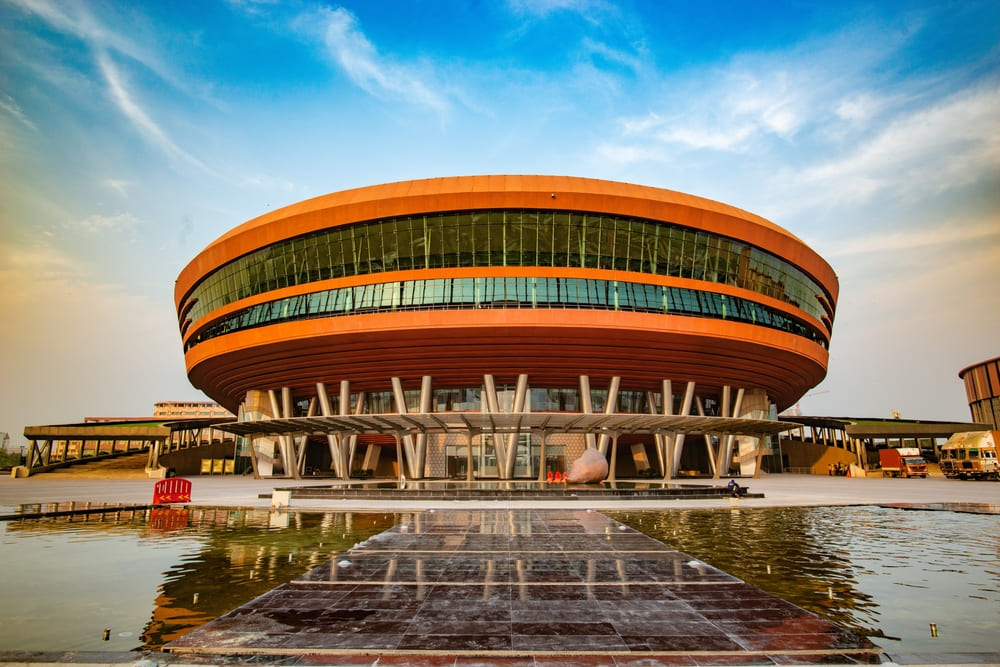UK Foreign Secretary David Lammy has expressed doubts about Russia’s willingness to seek peace in Ukraine following a tense exchange with Russian Foreign Minister Sergey Lavrov at the G20 foreign ministers’ meeting in Johannesburg, South Africa.
Lammy made his remarks after Lavrov delivered a closed-door speech to diplomats. He told reporters that he saw no signs that Russia was serious about ending its war against Ukraine.
“I have to say, after listening to what Lavrov said in the chamber this afternoon, I don’t see an appetite for real peace,” Lammy stated.
According to a transcript released by Russia’s Foreign Ministry, Lavrov repeated his usual criticism of Western nations, accusing them of interfering in “the internal affairs” of other countries.
Lammy also revealed that Lavrov left the room when it was the UK foreign secretary’s turn to speak.
High-Stakes Meeting Amid Ongoing War
The two-day G20 summit, which began on Thursday, comes just days after U.S.-Russia talks on Ukraine took place without European allies or Ukrainian representatives. These negotiations have raised concerns among Western nations about the future of the conflict.
Meanwhile, former U.S. President Donald Trump has caused further tensions by criticizing Ukrainian President Volodymyr Zelenskyy and blaming Ukraine for Russia’s full-scale invasion. The war will mark its third anniversary next week.
Lammy Condemns Russian Aggression
In his speech, Lammy strongly condemned Russia’s actions, referring to them as “Tsarist imperialism.”
“Mature countries learn from their colonial failures and their wars. Europeans have had much to learn over the centuries,” he stated. “But Russia has learned nothing.”
Lammy had hoped to hear words of sympathy for the victims of the war. Instead, he said he heard “the logic of imperialism dressed up as realpolitik.”
The UK foreign secretary dismissed Lavrov’s claims, calling them “tired fabrications.”
G20 Tensions Reflect Global Divisions
Signs of discord at the summit became evident when a planned group photo of the foreign ministers was abruptly canceled without explanation.
The UK, France, Germany, and the European Union have all pledged continued support for Ukraine and reaffirmed that stance during the meeting.
Meanwhile, U.S. Secretary of State Marco Rubio, who led negotiations with Lavrov in Saudi Arabia earlier this week, was noticeably absent from the summit. Rubio chose to boycott the G20 meeting due to U.S. tensions with South Africa. The U.S. delegation was instead led by acting Ambassador Dana Brown.
Russia Strengthens Ties with China
During the event, Lavrov met with Chinese Foreign Minister Wang Yi. Following their discussion, Lavrov emphasized that Russia’s relationship with China had become an essential factor in global stability.
“Russia’s relations with China remain a significant force in preventing total confrontation in the world,” Lavrov stated.
Chinese officials have previously taken a neutral stance on the Ukraine war but continue to maintain strong ties with Moscow.
G20 Faces Challenges in Achieving Consensus
The G20, consisting of the world’s largest economies, is meant to promote cooperation between developed and developing nations. However, the war in Ukraine has made it difficult for the group to reach agreements on key global issues.
As the host nation, South African President Cyril Ramaphosa emphasized the need for open discussions in the face of geopolitical tensions, climate change, pandemics, and energy crises.
“There is a lack of consensus among major powers, including in the G20, on how to respond to these issues,” Ramaphosa admitted.
The G20’s effectiveness has been further undermined by Rubio’s decision to boycott the summit. His absence signals growing U.S. disinterest in multilateral diplomacy under Trump’s “America First” policy.
Adding to the tensions, U.S. Treasury Secretary Scott Bessent also announced he would skip the upcoming G20 finance ministers’ meeting in South Africa due to commitments in Washington. Many observers see this as another sign of the U.S. shifting away from international collaboration.
The divisions on display at the G20 meeting highlight the ongoing struggle for unity among world powers. With no clear diplomatic path forward, the future of the Ukraine war remains uncertain.
For more updates on international politics and diplomacy, visit Coleman News.


